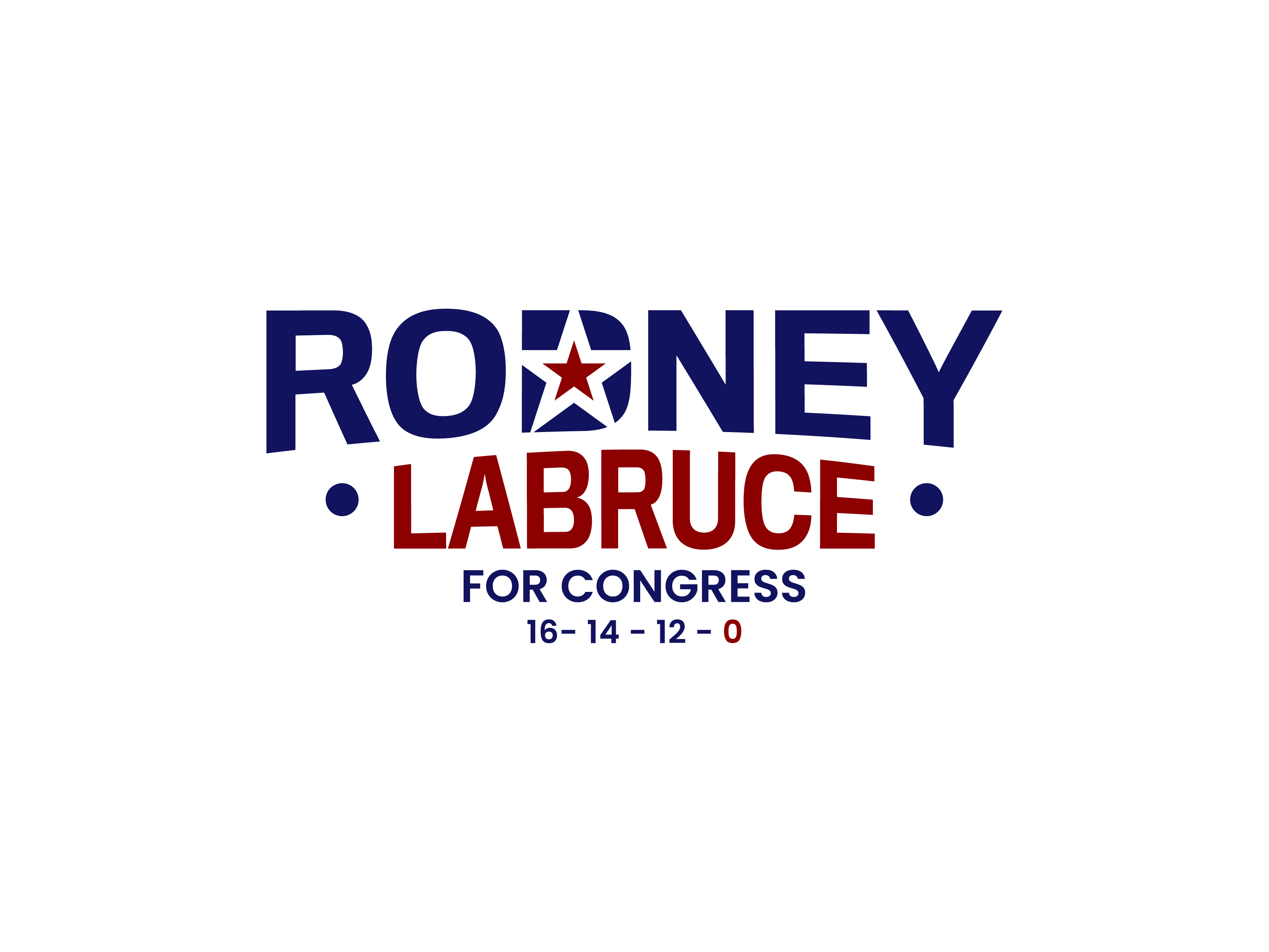The Grassy Knoll Effect – Why We Prefer the Most Complicated Explanation

“The greatest enemy of knowledge is not ignorance, it is the illusion of knowledge.”
— Stephen Hawking
Why do we, as a society, seem obsessed with the most convoluted explanations—especially when the simplest answer is often staring us in the face?
Chemtrails and vaccine hesitancy. Shadow governments and the infamous grassy knoll. We live in an age where even the most mundane events can morph into full-blown conspiracy theories. It’s easy to scoff at this kind of thinking, but the truth is, it taps into something deeply human.
The Comfort of Complexity
When something chaotic or painful happens, like an assassination or a global pandemic, the idea that it occurred due to randomness or human error feels… insufficient. A lone gunman doesn’t feel big enough to match the impact of JFK’s death. A virus spreading because of basic biological processes doesn’t satisfy our need for control or someone to blame.
So we search for patterns. We connect dots that were never meant to be connected. We create a web of hidden actors, secret motivations, and shadowy backdoors. Not because it's true—but because it feels more meaningful. It helps us feel less insignificant and more involved in the events that define us.
Cognitive Bias and Control
This isn't just about gullibility. Psychologists point to concepts like proportionality bias—the belief that big events must have big causes. Add in confirmation bias and motivated reasoning, and suddenly we’re seeing nefarious plots where there may only be human error or miscommunication.
And then there's distrust. Many conspiracy theories thrive where institutional trust dies. If you already believe the government or pharmaceutical companies lie, you're more likely to reject simple explanations that come from them. Vaccine hesitancy, for example, often isn’t just about science—it’s about trust.
The Allure of Being “In the Know”
Complex theories give people a sense of identity. Believing in “what they don’t want you to know” makes you feel smarter than the average person. You’re not just informed—you’re awakened. This emotional boost is powerful, and it’s reinforced in echo chambers online.
The Truth Is Boring—and That’s Okay
Occam’s Razor tells us that the simplest explanation is usually the correct one. A contrail doesn’t mean a secret chemical operation. Vaccines don’t need to be part of a global plot—they’re just science doing what science does. Sometimes a thing is exactly what it looks like.
But simplicity doesn’t sell. It doesn’t go viral. It doesn’t ignite tribal loyalty. So we keep spinning webs, even when the truth is quiet, unimpressive, and unglamorous.
And maybe the most radical thing we can do today is embrace that truth.
